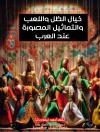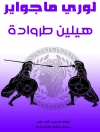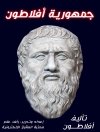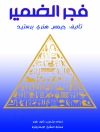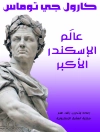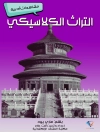Keine ausführliche Beschreibung für ‘Nab – Nuzi’ verfügbar.
Das E-Book Nab – Nuzi wird angeboten von De Gruyter und wurde mit folgenden Begriffen kategorisiert:
Compre este e-book e ganhe mais 1 GRÁTIS!
Língua Alemão ● Formato PDF ● Páginas 669 ● ISBN 9783110886771 ● Tamanho do arquivo 51.5 MB ● Editor Michael P. Streck & A. Bramanti ● Editora De Gruyter ● Cidade Berlin/Boston ● Publicado 2020 ● Edição 1 ● Carregável 24 meses ● Moeda EUR ● ID 7487648 ● Proteção contra cópia Adobe DRM
Requer um leitor de ebook capaz de DRM


